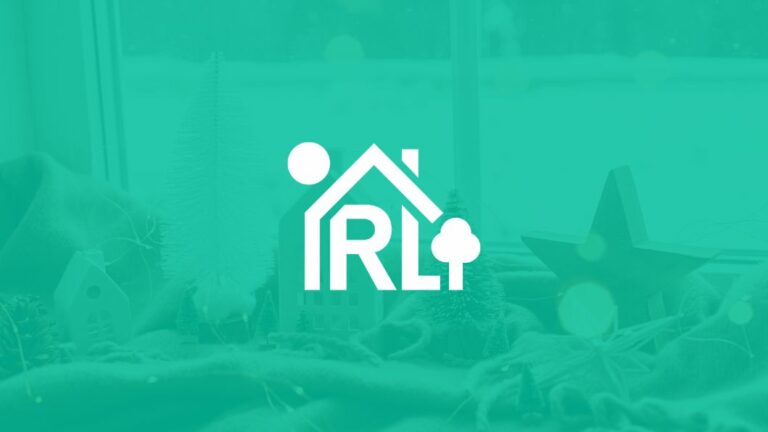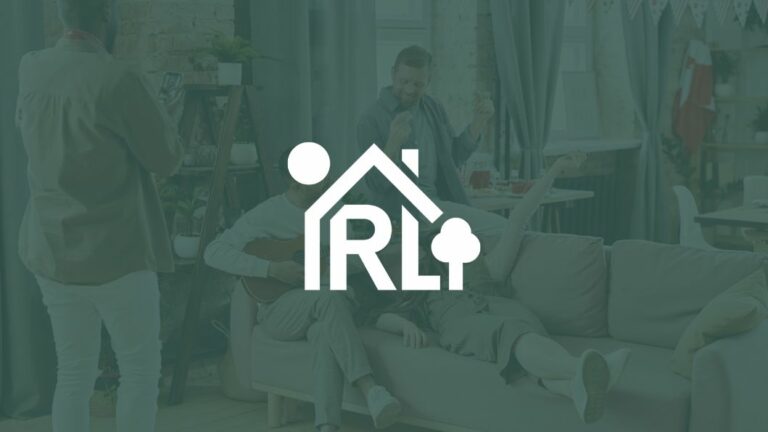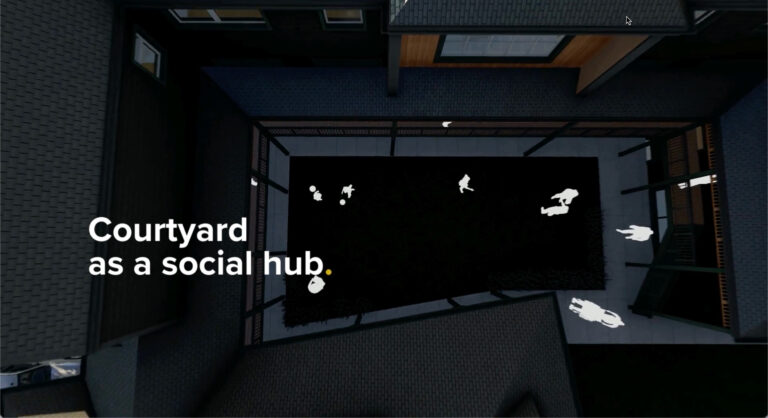
In an era where the demand for inclusive and sustainable urban development has never been greater, Responsible Living emerges as a leader in innovative housing solutions. The company is actively exploring opportunities to expand its reach into various towns, demonstrating a strong commitment to serving diverse demographics, including young families and retired individuals. This initiative underscores Responsible Living’s dedication to inclusivity, ensuring that its projects cater to the broad spectrum of community needs and preferences.
A cornerstone of Responsible Living’s approach is its focus on fostering community engagement. Unlike conventional housing models that often cater to specific demographics, Responsible Living strives to create welcoming environments for all, including those not typically considered tech-savvy. This involves the design of communal areas and amenities that encourage interaction and connectivity among residents, reinforcing the social fabric of the communities they develop.
Responsible Living’s vision is deeply informed by an understanding of urban planning’s historical context, notably the exclusionary practices embedded in certain zoning laws in the United States. By acknowledging and addressing these historical injustices, Responsible Living is committed to advancing equitable spaces that promote diversity and inclusivity.
Central to Responsible Living’s strategy is a novel approach to the housing crisis, emphasizing the development of properties that accommodate various family structures and preferences. The company is keen on using urban land efficiently, which includes refurbishing older properties and integrating sustainable practices like raised garden beds. These efforts promote environmental sustainability and also encourage community interaction.
Cohousing is a pivotal element in Responsible Living’s methodology, designed to cultivate a strong sense of community among residents. This model offers a stark contrast to the isolation typical of traditional housing, by promoting social interaction and belonging. The successes of Whistler Village and Vancouver’s urban planning initiatives inspire Responsible Living, exemplifying the feasibility of creating socially cohesive and environmentally sustainable communities.
Navigating the complexities of regulatory challenges is a crucial component of urban development. Responsible Living has shown remarkable skill in addressing strict zoning and building regulations, drawing on insights from successful projects to deliver innovative housing solutions that fulfill both economic and social objectives.
The article also highlights the role of community amenity contributions as a mechanism for developers to support public amenities, enhancing the quality within the communities they build. This reflects Responsible Living’s broader mission to create vibrant, sustainable communities where individuals can flourish.
In summary, Responsible Living represents a progressive force in urban development, prioritizing sustainability, inclusivity, and community engagement. Through its pioneering housing solutions and commitment to social and environmental stewardship, Responsible Living is redefining the future of urban living, emphasizing the importance of responsible development in today’s rapidly evolving landscapes.



